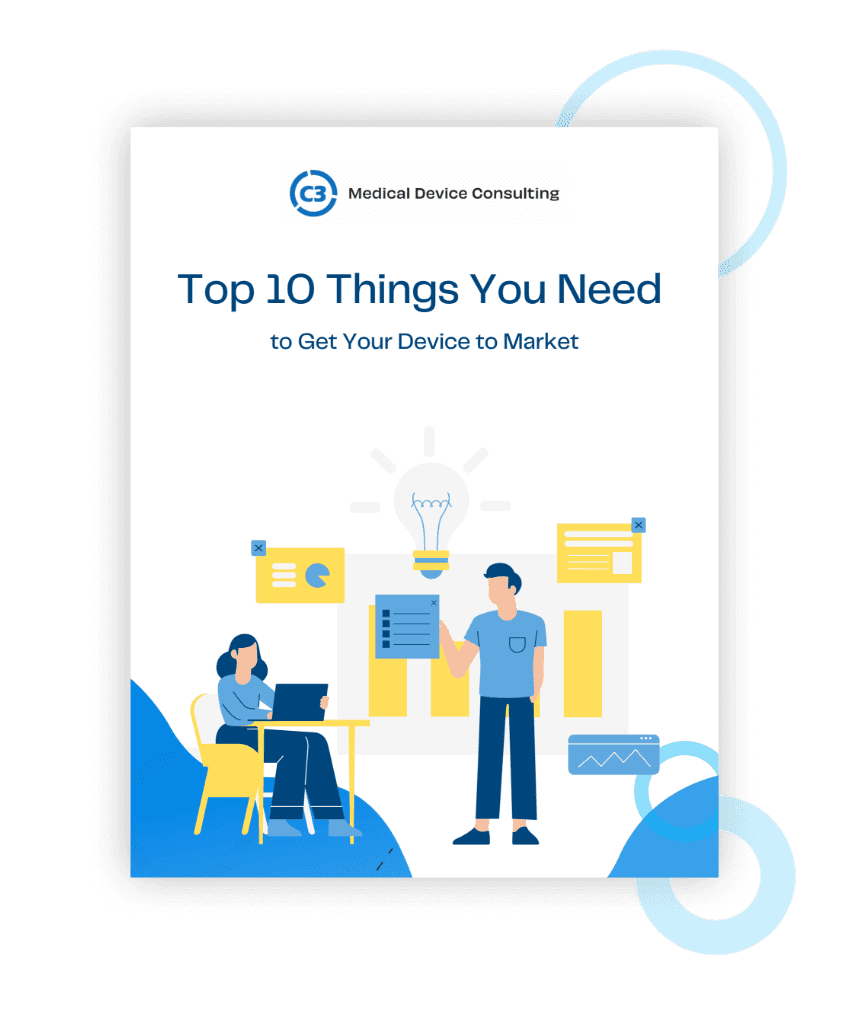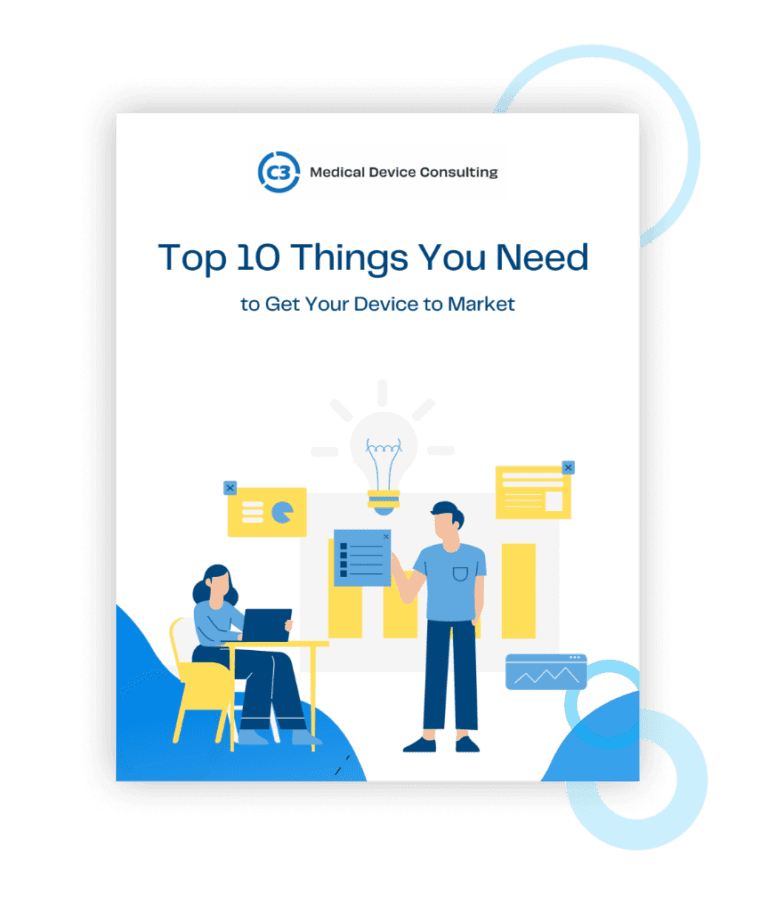If there’s one trait that’s common among successful and seasoned investors, it is the appreciation that each investment carries risk. For them, the most important question is whether the potential rewards will justify the risk. If the answer is yes, they do their due diligence to learn more about the opportunity and minimize the risk factor. Here, we’ll take a look at medical device investment in particular, and how to be successful in the process.
One industry that’s increasingly becoming attractive to investors is the medical device sector. As of 2018, the medical devices market was worth $ 425.5 billion. With a projected compound annual growth rate (CAGR) of 5.5% from 2018 to 2025, it is expected to reach a value of $ 612.7 billion.
Whether you are a growth or value investor, medical device companies offer significant long-term growth potential that’s hard to resist. This sector also has some unique features that distinguish it from others. If you invest in an innovative company that can design a unique product to address a key medical concern, they’ll get patents that protect the idea. In turn, the company will have control of the market and will be able to charge a premium for the product.
It is due to such allure that through 371 venture financing that medical device startups were able to raise $4.35 billion in the second quarter of 2020. However, along with the high capital returns potential of medical device investment, the sector also has a high failure rate. This is why it’s crucial to know some of the key elements to consider when choosing a medical device company to invest in and perform thorough due diligence.

1. Is It an Innovator or a Follower?
Some of the key factors propelling the medical device industry’s growth are unmet medical needs and the rising demand for innovative therapies. In this regard, you can categorize companies into two types: those that focus on innovating and coming up with new products that meet the user needs and those that wait to ride those waves.
When a company is able to come up with new patentable concepts, it gains pricing flexibility and a significant lead in the market. As you assess a medical technology company’s potential, consider whether they are an innovator or a follower. With the former, you’ll have considerably higher chances of gaining a sizeable return on your investment.
Take a look at the company’s investments in research and development (R&D) and product pipeline. Such data will tell you whether they are an innovator or follower. With startups and small companies, getting such insight is easy. Large companies, on the other hand, don’t disclose as much. However, you can tell where they lie based on the proportion of investment in R&D. Only aim for institutions that allocate at least 10% of revenues on research and development.
2. Know What to Focus On
With medical device investment, you’re not required to be a medical practitioner or have deep knowledge of the science behind the equipment. More importantly, do not expect ideas to be embraced wholly, especially by medical minds. This is because the future of medical technology is often unpredictable and they are not necessarily equipped with the skills to predict how consumers may respond to innovations.
This is where your entrepreneurial nous comes into play. Focus on the solutions that innovations seek to provide. If the condition is rampant and there are no suitable treatment options, you may just be on to something rewarding.
3. Lifecycle Stage of Medical Device Investment
Med-tech companies have a unique lifecycle, and the stages have unique risks and potential. If your medical device investment is aimed at a startup, you should not expect to turn in profits in the first few years. At that stage, the primary focus is product development and conducting clinical trials. Dealing with regulators is also a challenge, and the high cash outflows are likely to translate to losses.
If results from clinical trials are positive, the next step will be facing the FDA. With FDA’s approval, you can proceed to launch the product and market it. It may take some time before you begin raking in profits, but the dynamics will be completely different when you do.
At the startup level, the management team’s proficiency will play a significant role in success. As you begin marketing, you will need a blend of robust marketing efforts and strategic partnerships. When investing, determine at which stage of the lifecycle the company is at to know what to expect going forward.
4. Understand the Government’s Role
The government regulates all business activities. However, with medical device investment, you should expect more involvement and interactions with government agencies. Strict regulations in this sector are aimed at ensuring any technology used on patients does not put them at increased risk and is not below standard.
To sell any medical device in the US, you will need approval from the FDA. With most products, the FDA requires significant data that demonstrates the safety of the product and its effectiveness. Even after gaining FDA approval, your product can still be ordered off the market if new potential risks are identified.
It is also important to know whether the area you are investing in is covered by Medicare and at which proportion. Since many Americans pay for health care using Medicare, any limitations by the government can limit your profit potential.
5. Be Flexible With The Valuation Formula
Usually, a company’s present value is used to determine the equity you get for your investment. In med-tech, things work a bit differently as a company may require a lot of funding and not be worth much at the time of investing, only for its valuation to skyrocket upon reaching the market.
Also, unlike other sectors, the med-tech offers greater stability. Regardless of whether the economy is ailing or not, people cannot delay getting treatment. Therefore, you must be open to alternative valuation methodologies.
Get the Necessary Support for Medical Device Investment
Medical device investment is undoubtedly lucrative as it offers above-normal and long-term potential. However, it takes a lot of work and collaborations to get products from the idea stage to the market. This is why strategic partnerships and support are integral to success.
C3 Medical Device Consulting is a company that offers medical device development support to help innovators and startups get their ideas to the market. Schedule a free consultation today to find out how we can help you get to market faster.










